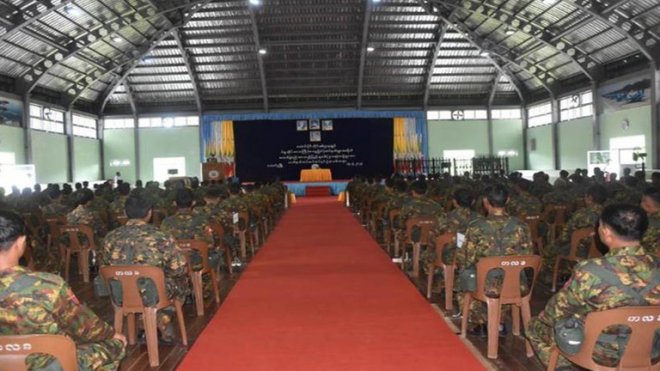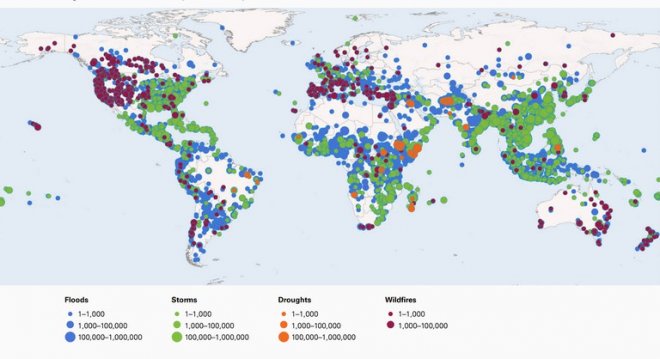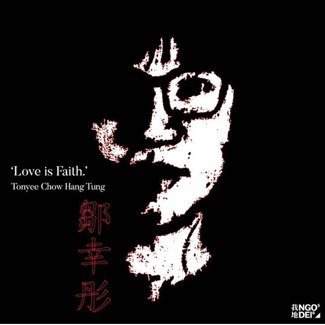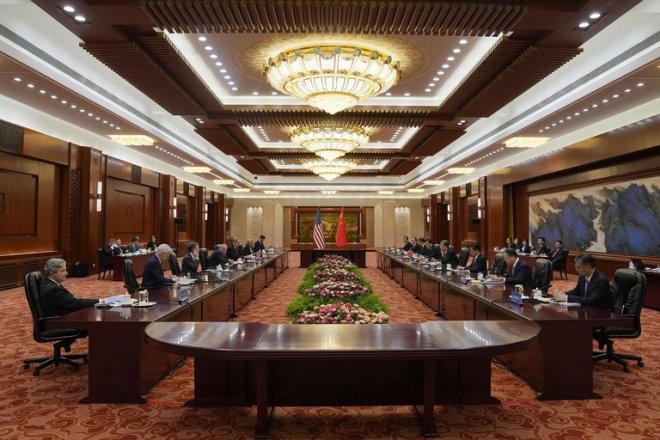Exiled Hong Kongers vow to keep up fight for freedoms from overseas
Hong Kongers in exile say they will keep fighting to regain their city"s freedoms in 2023 despite an ongoing crackdown on dissent under a draconian national security law."I feel very sad whenever I see news of how Hong Kong has changed under Chinese-style laws, because the most valuable things about Hong Kong were its freedoms and the rule of law," a participant in the city’s 2019 pro-democracy protests who identified only by his nickname Fu Tong, told Radio Free Asia. "All of that has now been lost."
"I may be looking at Hong Kong from afar, but I see [my hometown] being eroded and changed every day, and I can"t help wondering if Hong Kong is still Hong Kong."
"It"s the saddest feeling," he said.
Fu Tong"s emotions are shared by many who have sought political refuge overseas, some via "safe haven" visa policies offered by the United Kingdom and Australia; others by seeking asylum in the United States, sometimes braving great dangers to get there.
However, many Hong Kongers living in exile seek inspiration from the fact that there are others like them.
Former Democratic Party lawmaker Ted Hui, who currently lives in Australia, said it pains him particularly when his children ask him if the family really is unable to return to Hong Kong.
"They talk about it every holiday, asking me about going back to Hong Kong, which is like a sting for me, as it gives me a sense of helplessness," Hui said. "I wonder the same thing, even though we have settled down now."
Hui takes his inspiration from the bravery of the 2019 protesters, who came out in millions to protest the erosion of their city"s freedoms and call for fully democratic elections.
Thousands were arrested, with many held on remand, jailed or unable to leave the city due to bail conditions, while dozens of democratic politicians and activists currently face "subversion" trials under a national security law imposed by the Chinese Communist Party in the wake of the protest movement, for taking part in an unofficial primary in the summer of 2020.
"As a member of the Legislative Council, it was a huge honor for me to take to the streets with the people of Hong Kong in 2019," Hui said. "I will never regret that, and I would do the same thing 10 times over."
"So many of my former colleagues and fellow protesters are now in prison: I"ve been luckier than many, because I can be with my family, and channel my grief and anger into strength," he said.
"When I went to the parliament in Canberra to lobby today, I gave every MP who met with us a photo of the people of Hong Kong fighting on the streets, and told them that these scenes will be the driving force for me to keep working for Hong Kong for the rest of my life," he said.
"I hope to be their driving force, in turn," Hui said. "We mustn"t forget the Hong Kong that existed before 2019, because that was the true Hong Kong."
 Hong Kong protester "Fu Tong" said that ordinary people can also play a role in not forgetting Hong Kong issues. (Courtesy photo by respondents)Beijing insists that repeated waves of mass popular protest movements in Hong Kong calling for fully democratic elections and other freedoms in recent years were instigated by "hostile foreign forces" seeking to undermine Communist Party rule by fomenting dissent in Hong Kong.
Hong Kong protester "Fu Tong" said that ordinary people can also play a role in not forgetting Hong Kong issues. (Courtesy photo by respondents)Beijing insists that repeated waves of mass popular protest movements in Hong Kong calling for fully democratic elections and other freedoms in recent years were instigated by "hostile foreign forces" seeking to undermine Communist Party rule by fomenting dissent in Hong Kong.It first imposed a draconian national security law on Hong Kong in the wake of the 2019 protest movement, ushering in an ongoing crackdown on peaceful dissent, press freedom and political opposition that has seen more than 1,000 arrests under the law, with thousands more under colonial-era public order and sedition laws.
The authorities have also barred anyone from holding public office who isn’t demonstrably pro-China, and extended political controls over education and the arts.
Exiled Hong Kong philosopher Canhui Zhang said at a recent event in Canada that Hong Kongers aren"t alone in their struggle against totalitarian rule.
"I don"t believe that the people of China accept totalitarianism either," Zhang said in a talk on the protest movement and its aftermath. "Even as those in power do their best to claim that Hong Kong is doing great now ... the people know [what is really going on]."
"Is Hong Kong really better off now? Do we believe that? It"s just that there"s nothing we can do ... because it"s under the control of a totalitarian regime," he said.
He said he hopes the people of Hong Kong will never lose their sense of identity, and can work together to build momentum for change from overseas.
"They are starting TV stations, cultural organizations, holding seminars and film festivals," Zhang said. "It"s a collective effort to unite this group of people and to further explain the situation in Hong Kong to Western governments."
"We all hope that things will change in Hong Kong one day," he said.
Some are trying to build up a lobbying presence while still battling feelings of displacement and racked with homesickness and worry for loved ones back home.
"Some of my friends who know how much I miss Hong Kong shoot videos on the streets and send them to me, so I can see what Mong Kok looks like now, or what has changed in Western District, where our family used to live," Hui said.
"I take comfort in these videos ... I love watching them and keep asking them to send more," he said.
For Fu Tong, it"s his concern for Hong Kong"s fast-growing population of political prisoners that weighs most heavily on his mind.
"More than being able to go back to Hong Kong myself, I want to see the release of Hong Kongers who have been politically persecuted," he said. "This is the most important thing."
"Beyond that, I"m just an ordinary guy, not like those political figures who can visit Congress," he said. "I just want to walk around and tell other ordinary people stuff about Hong Kong."
Translated and edited by Luisetta Mudie.
[圖擷取自網路,如有疑問請私訊]
|
本篇 |
不想錯過? 請追蹤FB專頁! |
| 喜歡這篇嗎?快分享吧! |
相關文章
AsianNewsCast























